In Memoriam - David Minkus 1944-2024
January 8, 1944 – January 25, 2024
Dr. David Minkus passed away at the age of 80 years old, in Los Angeles with his sons by his side. He is survived by his sons, Michael and Josh, daughters-in-law Elba and Mary Helena, and his grandson Adán.
Dr. Minkus began work at the Institute in 1979, contributing to a variety of research projects and providing training, support, mentorship, and friendship to generations of graduate students. He served as Co-Director of the Graduate Fellows Program until his retirement in 2021 due to illness.
David grew up in the Echo Park neighborhood of Los Angeles. His parents Abe and Libbie were communists, and they were surveilled and monitored by government agencies in ways that adversely affected David and his sister and put great strains upon them growing up.
After completing his BA in Sociology at UC Berkeley, where he was active in the Free Speech Movement, David worked as a teacher’s aide at Clearwater Ranch School, a residential program for “troubled teens.” The teacher in his classroom was Judy Harrel, and David and Judy married soon thereafter (Judy passed away in 2015). They raised their family in Elk, California, in a house that David built off the grid. David then spent most of his life dividing his time between Elk and Berkeley each week. He was an active member of the Elk/Greenwood community, renowned for his foraging expeditions to collect mushrooms and huckleberries.
David earned his PhD in Sociology at UC Berkeley in 1981. David's doctoral dissertation was supervised by Professor Troy Duster. It focused on public policy debates and decisions shaping transportation in urban areas. Long before the current awareness of the impact of the combustion engine and the looming crisis of climate change, David documented how public transportation in the first half of the twentieth century was purposefully defunded and sometimes destroyed. This extended to inter-urban transportation decisions, with, for example, the tearing up of railroad tracks between cities and the massive highway construction projects funded during the Eisenhower era in the 1950s.These changes constituted great progress for the automobile and oil industries, while the increased autonomy for millions of individual citizens made this an irresistible juggernaut.
In the decade after he completed his thesis, David served as consultant to the BART (Bay Area Rapid Transit) Board. In that role, he pressed for an expansion of the service to underserved communities and higher bridge tolls for commuters in order to subsidize lower costs for BART riders. He also worked with many other organizations and agencies – like Mason Tillman Associates, Jefferson Associates, Alta Bates Hospital, Children’s Hospital, Kaiser Permanente, and others – carrying out research and evaluation projects that helped to inform best practices and address the needs of marginalized communities. David also established Minkus and Associates consultancy, completing a series of other research projects.
In 1979, David – or “Minkus,” as he was known to his friends and colleagues – began work at the Institute for the Study of Social Change, the precursor to the Institute for the Study of Societal Issues. At the Institute, David worked on many research projects focused on racial, gender and/or economic inequality, including Social Issues of New Genetics, Diversity Project, Kansas City Desegregation & Student Achievement Study, Safe Futures, Marina Gender Academies, California Americorps Programs, Mission District Safe Corridor, Haas BETA Program Evaluation, Muni Stress & Hypertension Study, Richmond Quit Smoking, and Cultural Competence of Healthcare Institutions. David was highly knowledgeable, insightful and skillful in conceptualizing and framing research projects, formulating the appropriate research methods – both qualitative and quantitative - and collecting data, whether statistical or ethnographic. He had an excellent memory for identifying scholars both old school and new, and for articulating how their insights, concepts, theories and methods could be applied to a wide range of projects.
His primary responsibility at the Institute was directing graduate research training. Graduate students from a variety of fields gravitated towards him for his boundless generosity in reading, evaluating, and providing feedback – both written and verbal – on their projects. In 2003, the Institute formalized graduate student training into the Graduate Fellows Program, and David served as Co-Director until 2021, mentoring an interdisciplinary cohort each year and building a pipeline that would help to diversify the professoriate. Over more than 40 years at the Institute, David directly contributed to the education of at least 240 graduate students, a large number of them students of color and/or first generation college students. His strong conviction in the value of his students’ life experiences and worldviews sustained them when they struggled to get their footing in academe. He believed whole-heartedly in their contributions and worked to help them play the rules of the game while also challenging those rules when necessary. These students went on to work in academia, foundations, community organizations and government, exposing and addressing inequality and working towards social justice in ways that built directly on their training at ISSC and ISSI.
In addition to graduate students, David advised, coached and mentored undergraduates, faculty, post-doctoral fellows and visiting researchers from around the world.
David had a facility for apprehending, interpreting, and articulating a broad range of topics, no matter how obscure, opaque, obstruse or seemingly unintelligible. He could figure things out and share a path forward for whoever was lost in the academic jungle. That’s because he had a strong command of the most diverse academic literature, from seemingly incompatible disciplines, and he knew the work of a wide array of scholars, prominent and rising. The depth and breadth of his knowledge was truly impressive.
David was known for his unorthodox approaches to all things social and societal. He was admired for his sweeping and eclectic range of knowledge – from economics, history and politics, to art, music and culinary delights. He could as easily talk about foundational texts in sociology and comtemporary ethnic studies scholarship, as the proper seasoning needed to make authentic gumbo.
We will miss David’s warm and caring personality, his generosity of spirit, his endearing loquacity, his deep knowledge and analytical skills, and above all his gifts in cultivating community through sharing food, welcoming each person without regard for hierarchy, and valuing people for themselves while fostering intellectual work of the highest quality.
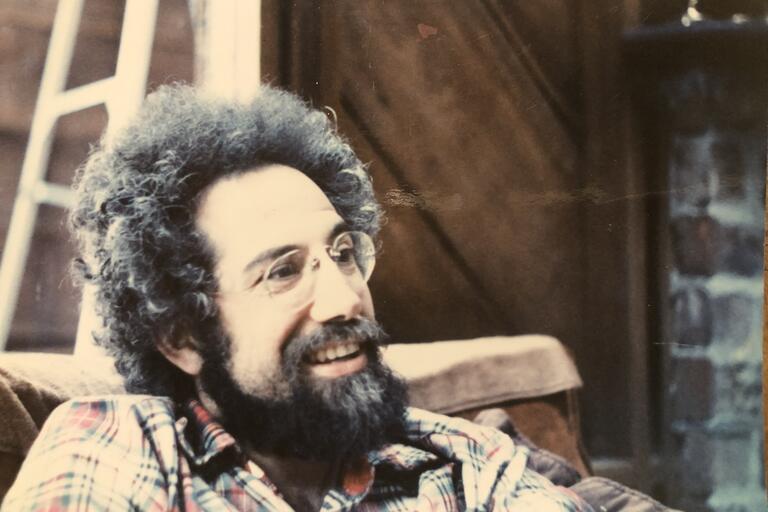 Play slideshow
Play slideshow
David Minkus over the years
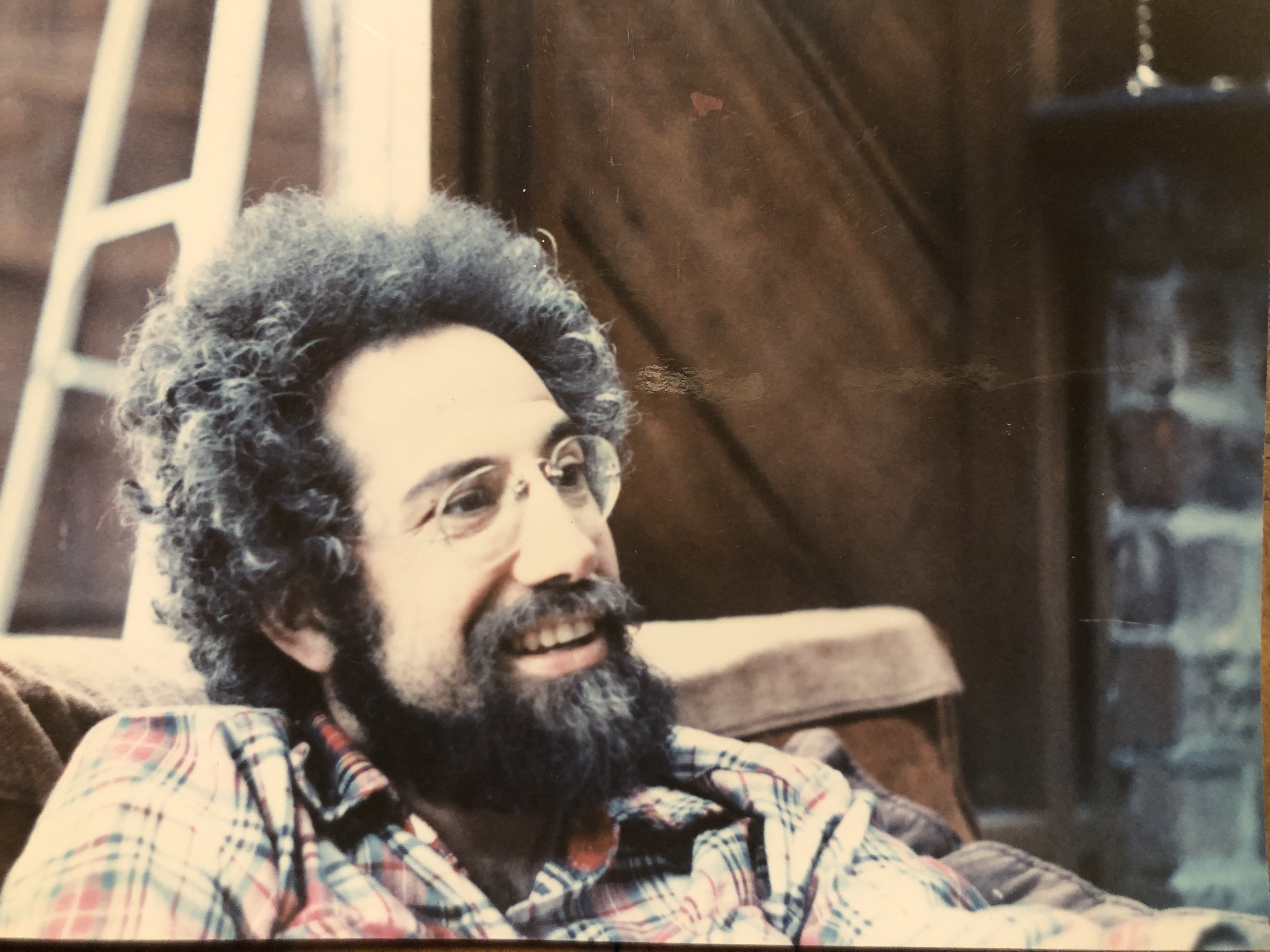
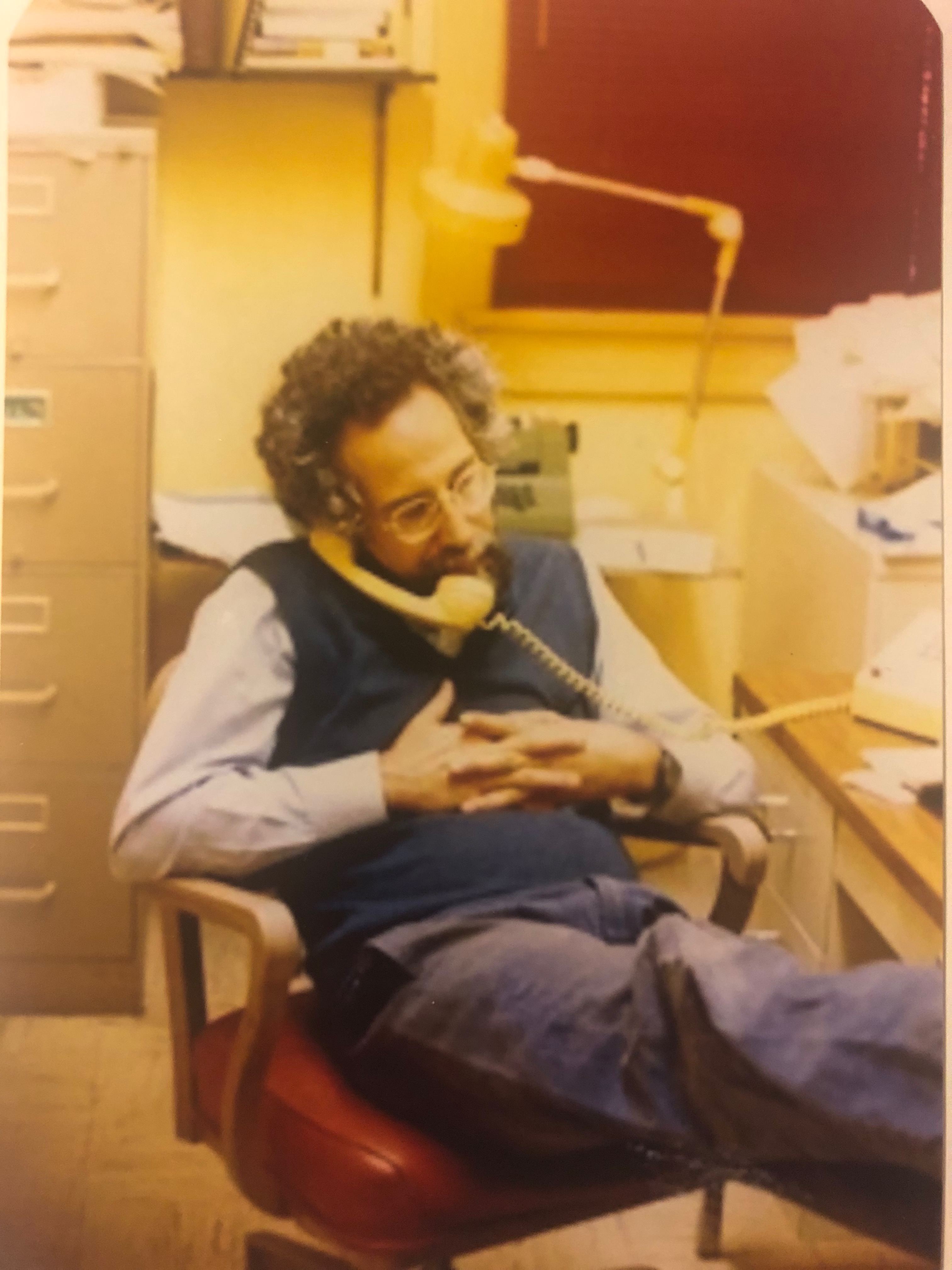
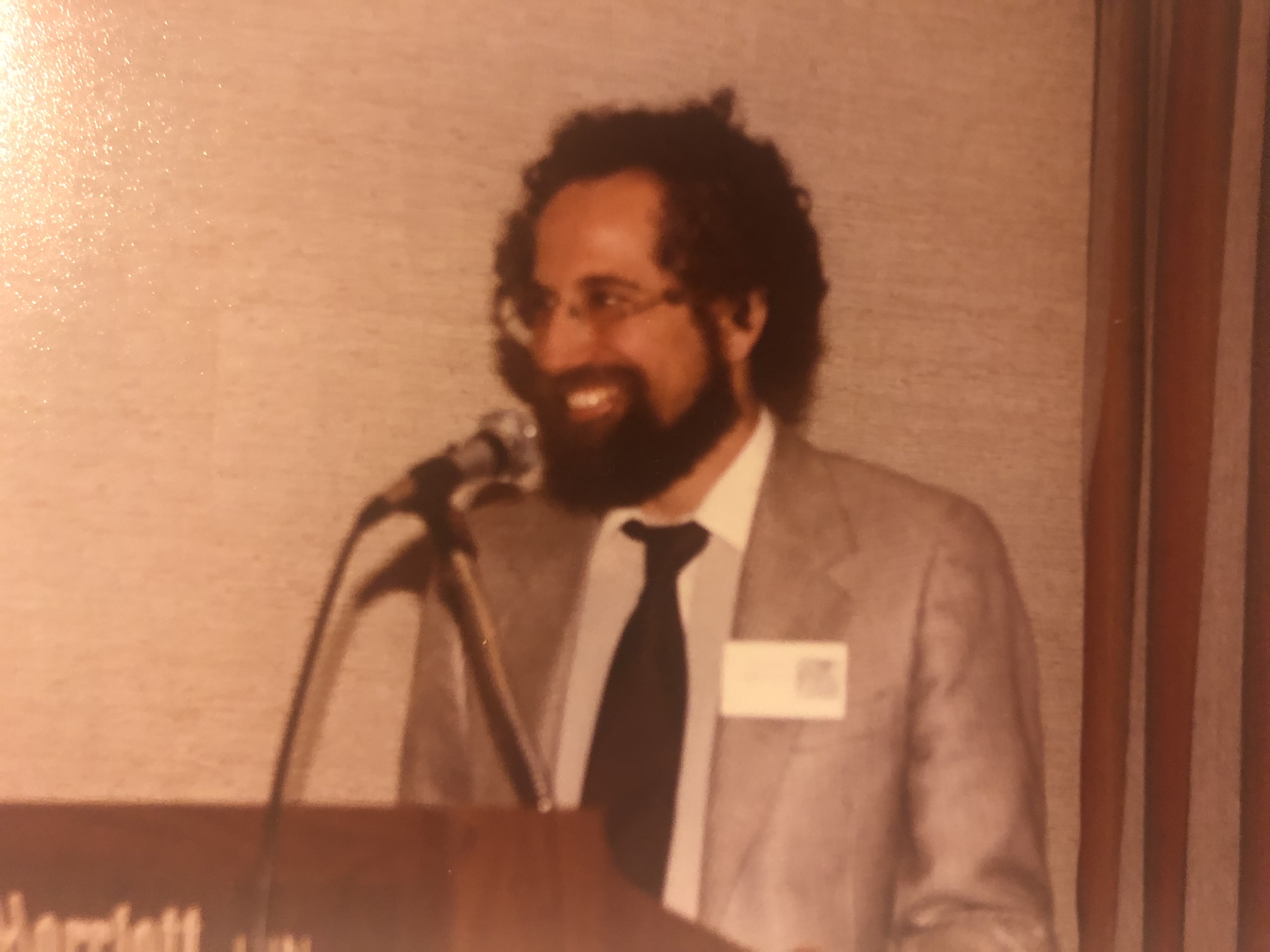
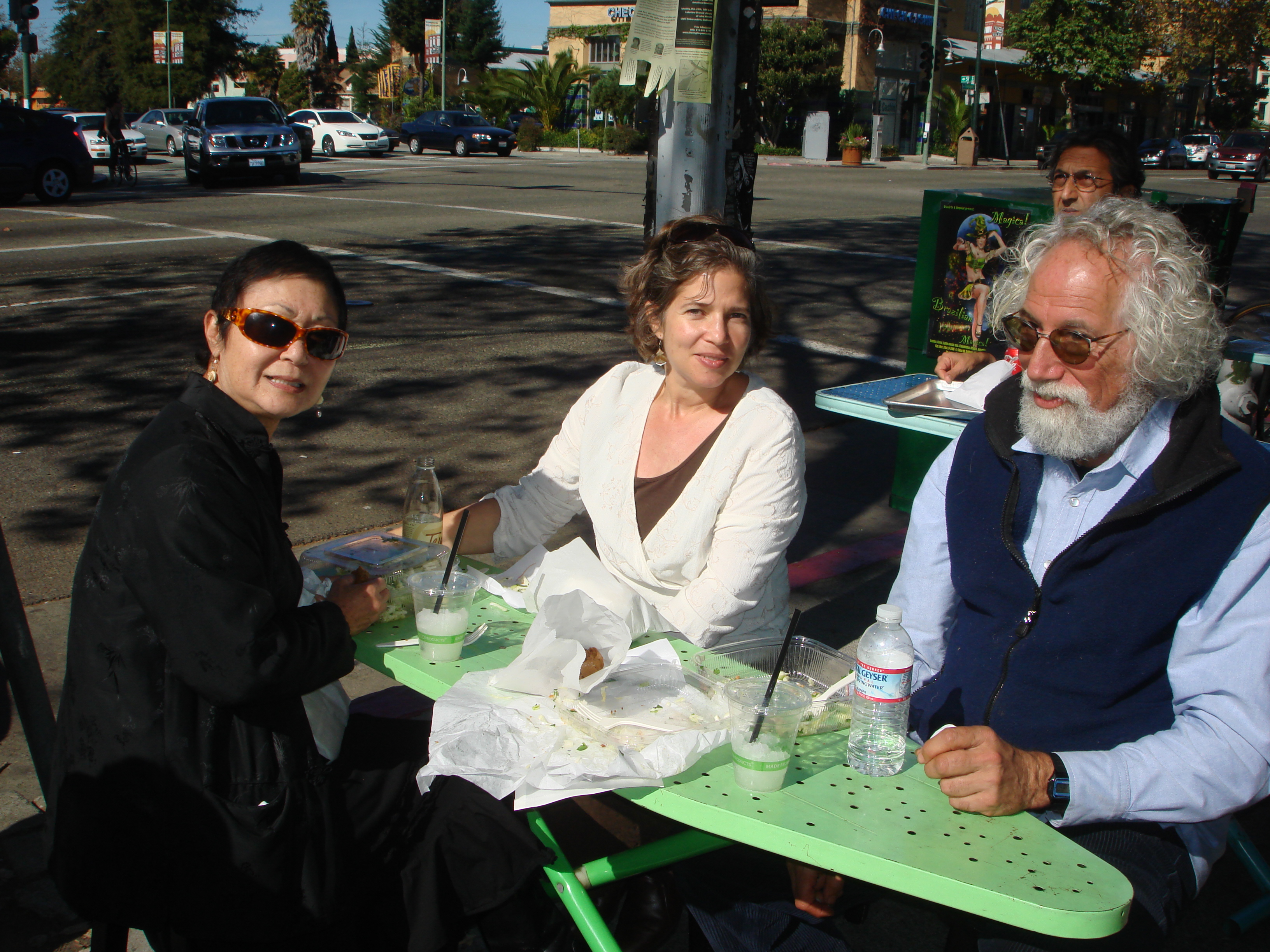
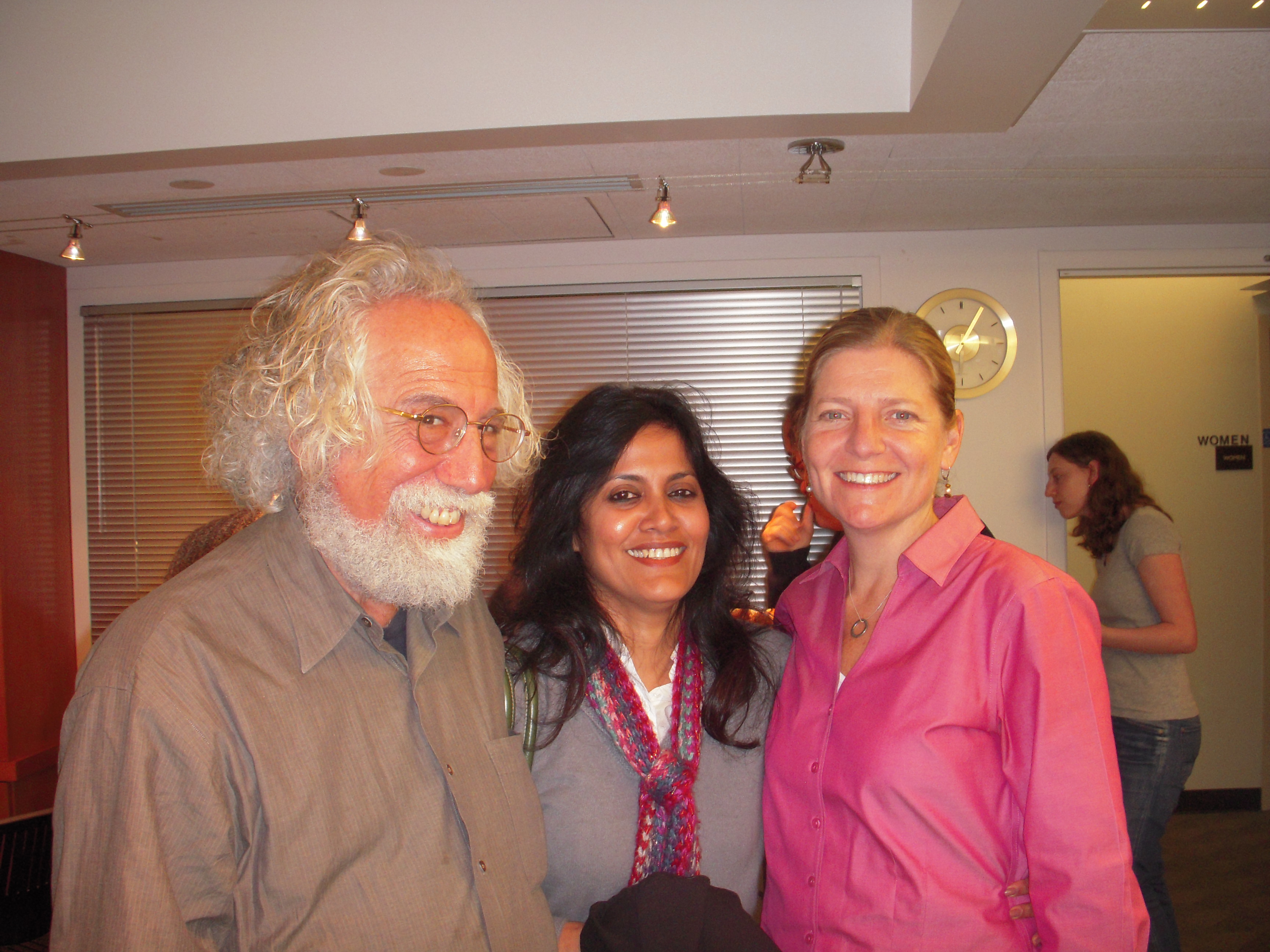
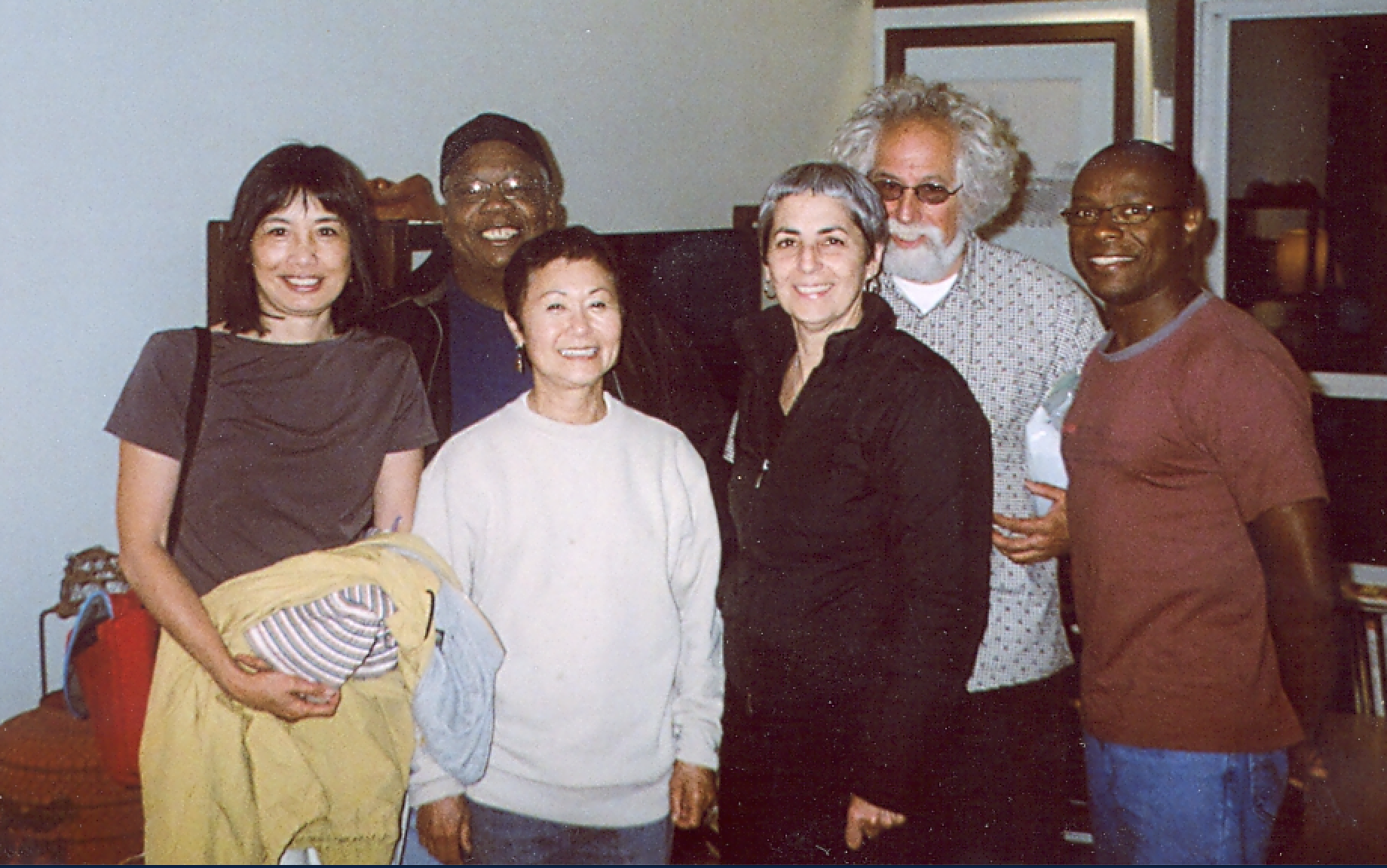
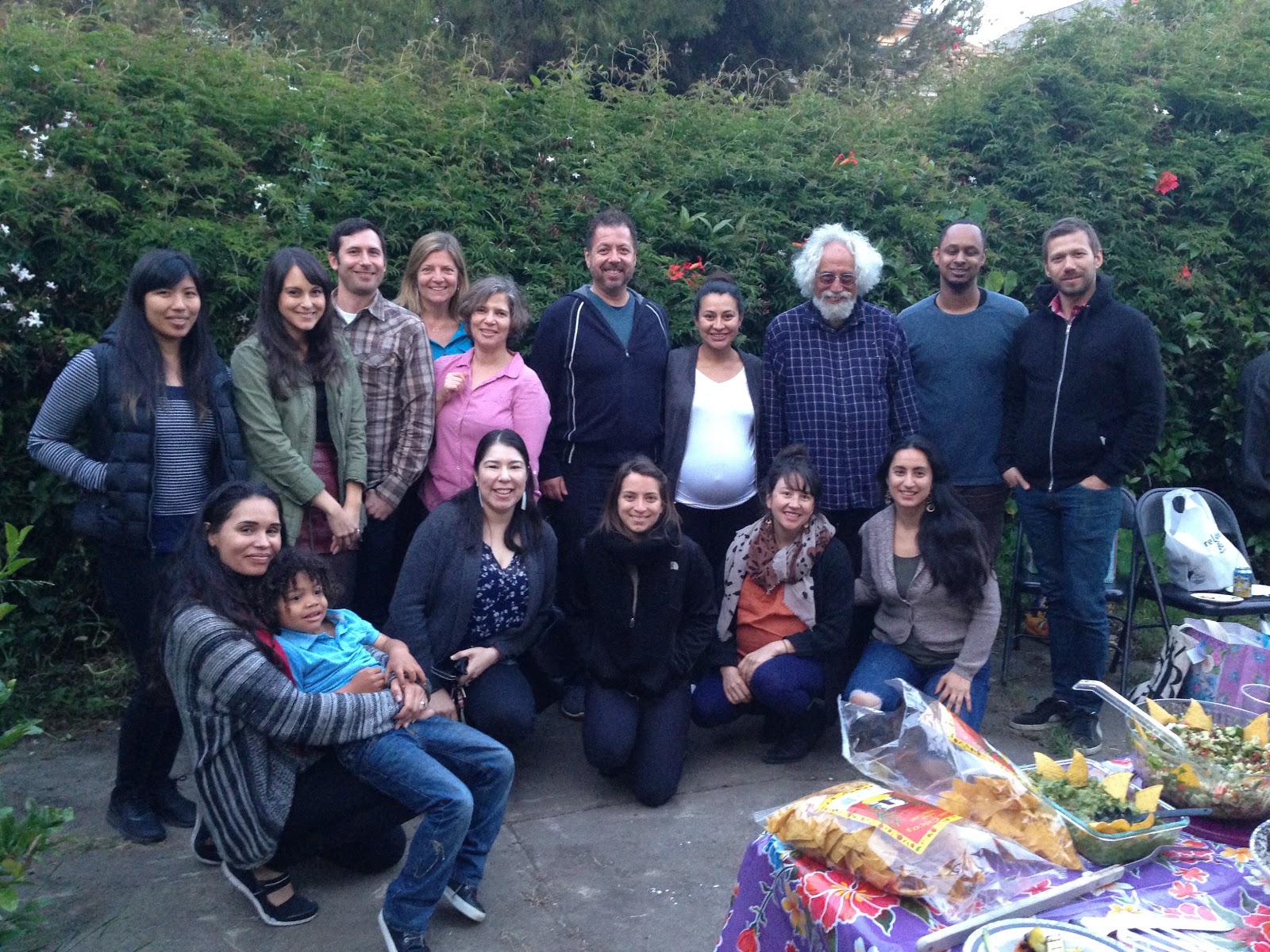
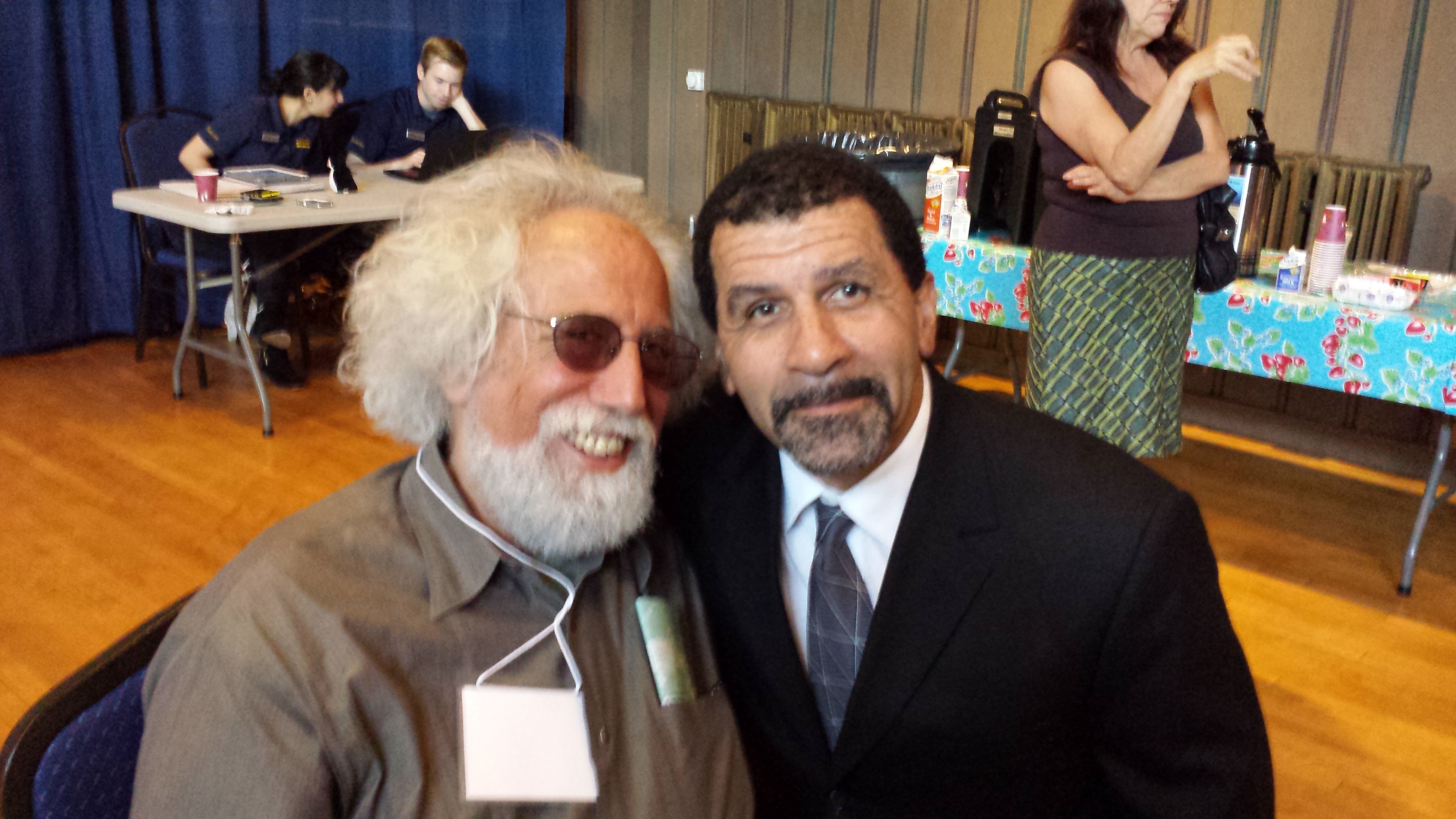
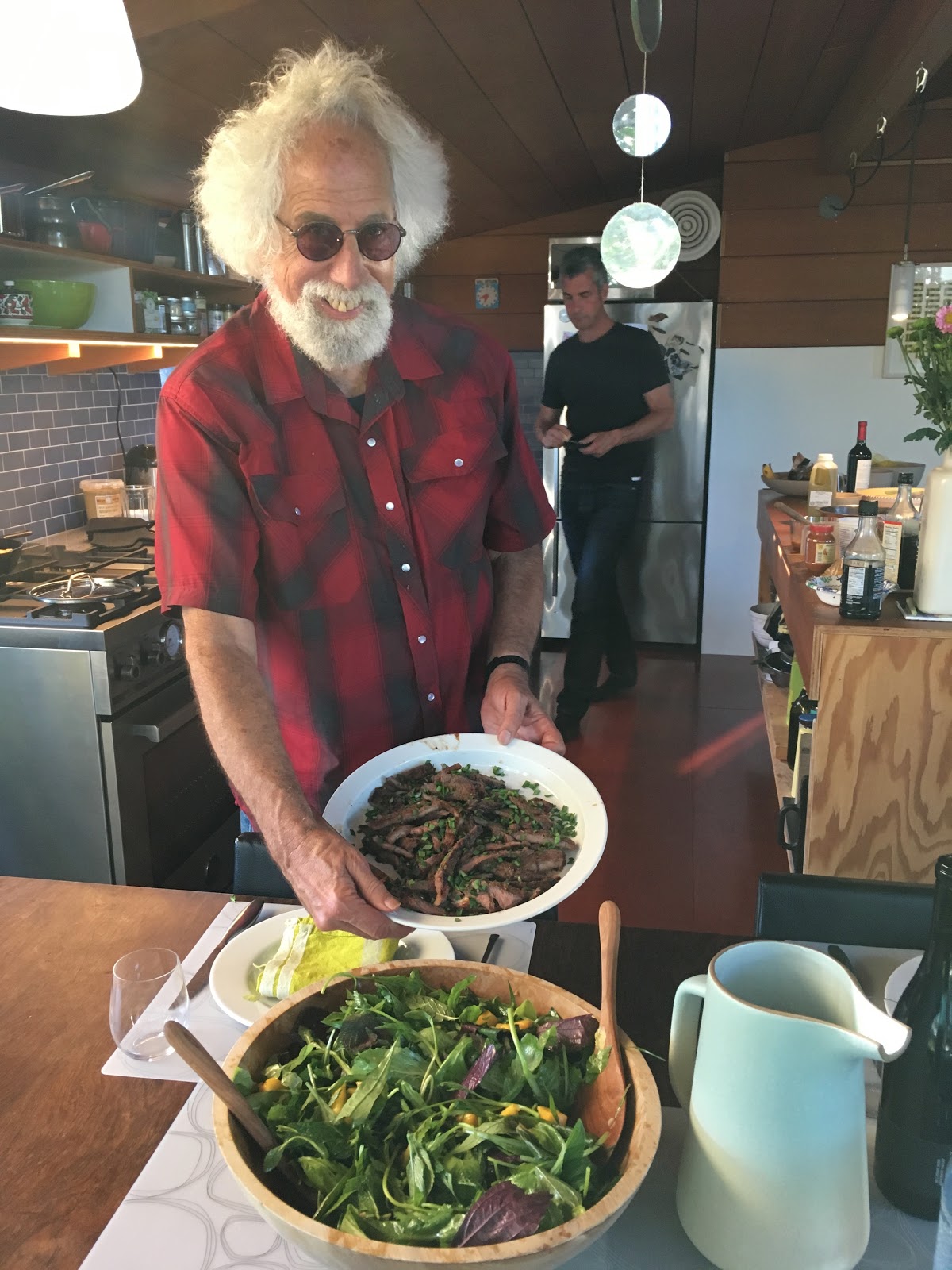
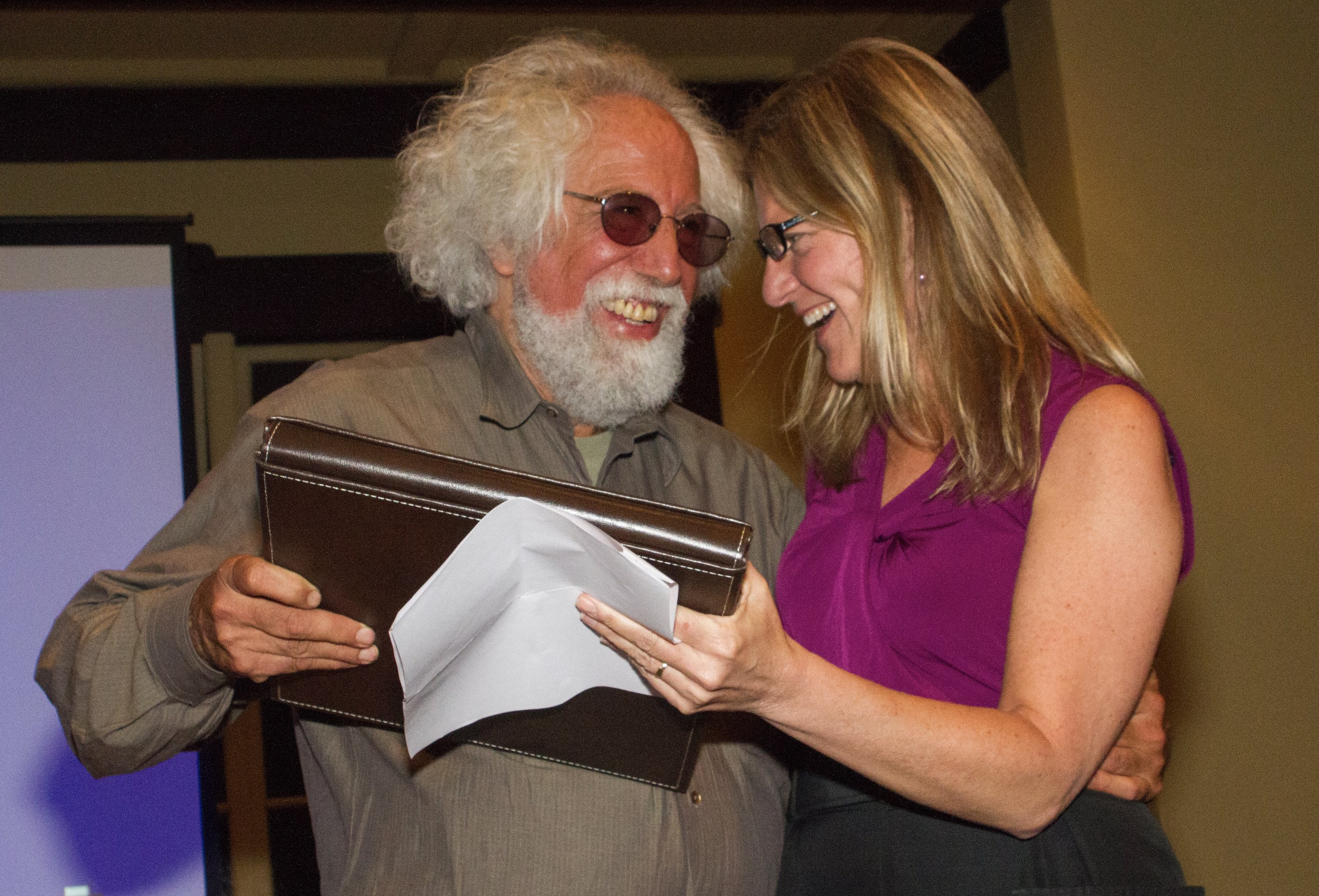
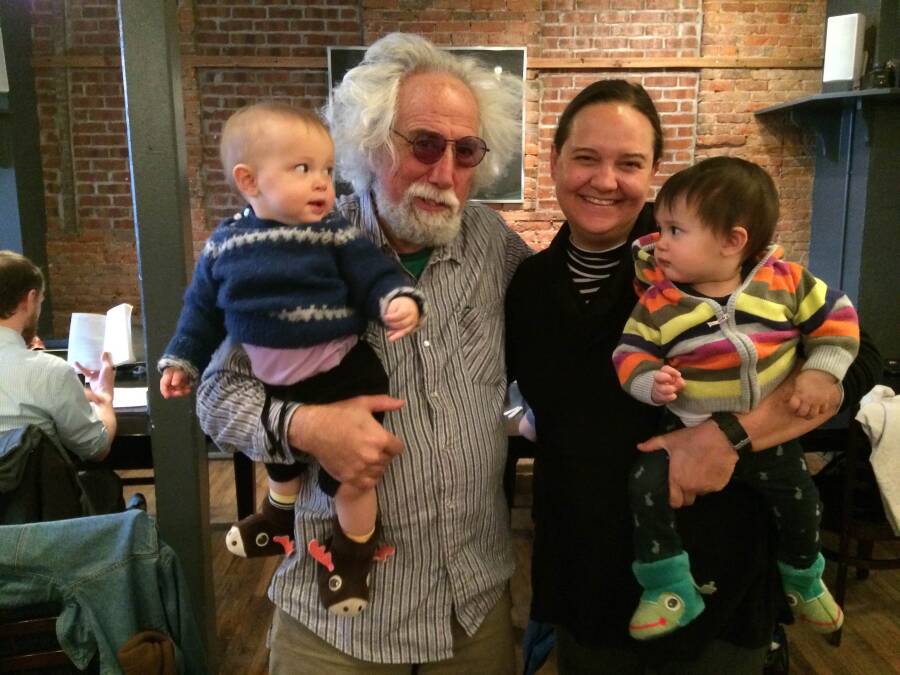
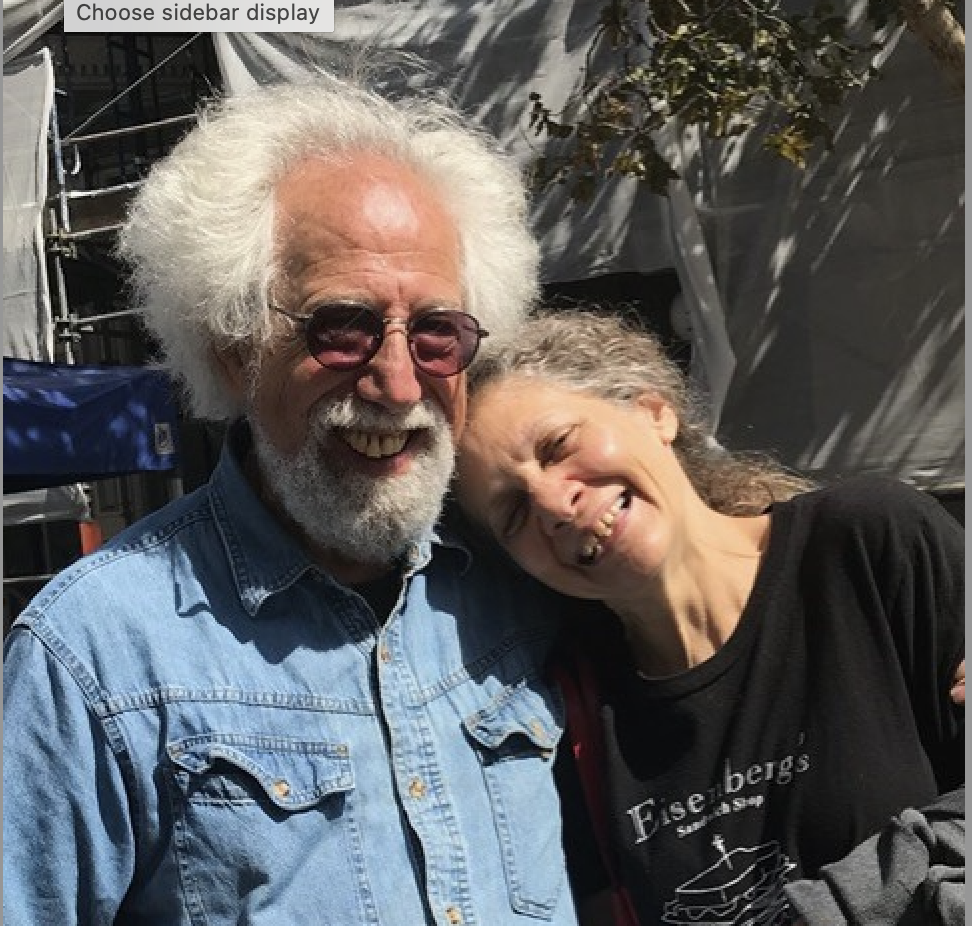
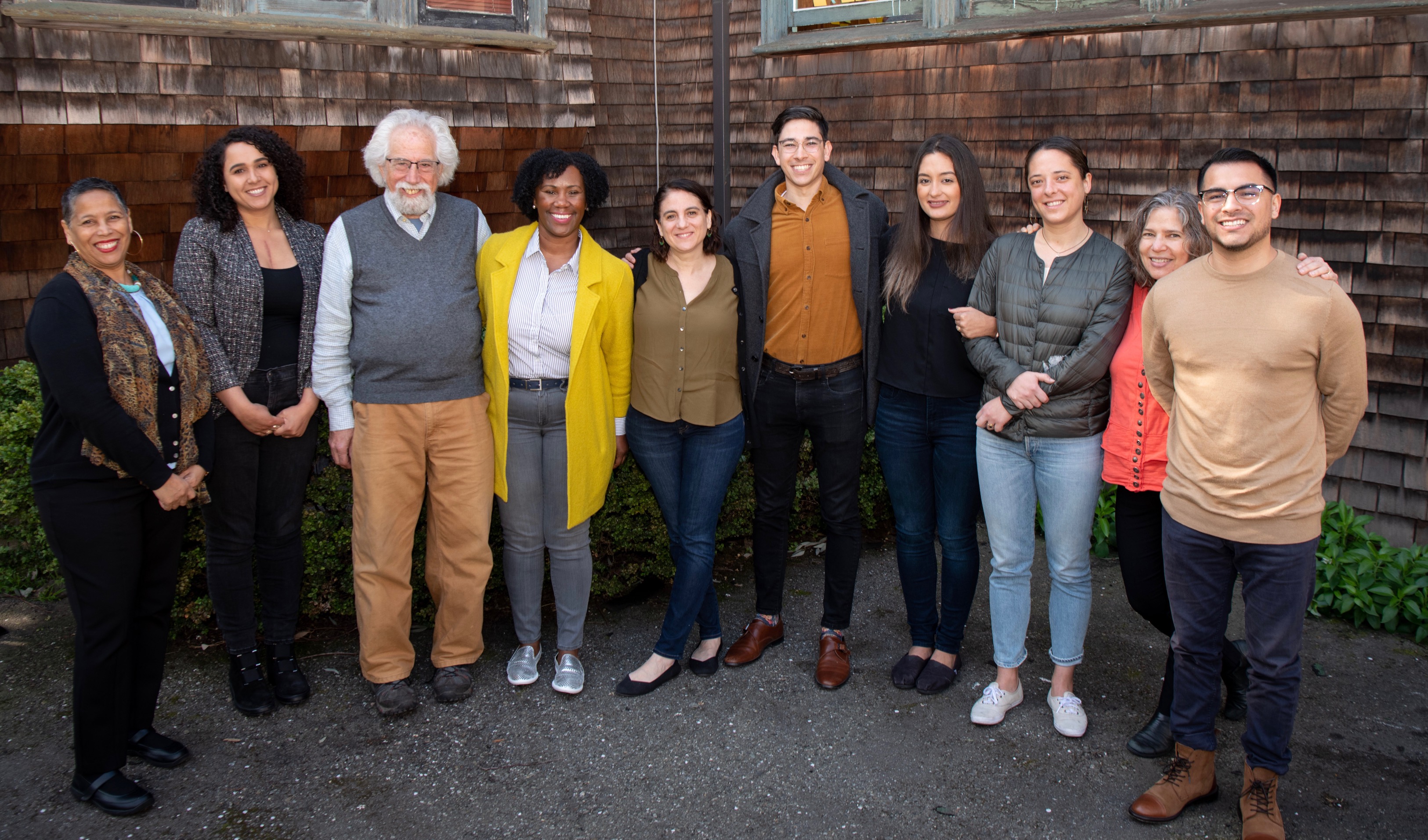
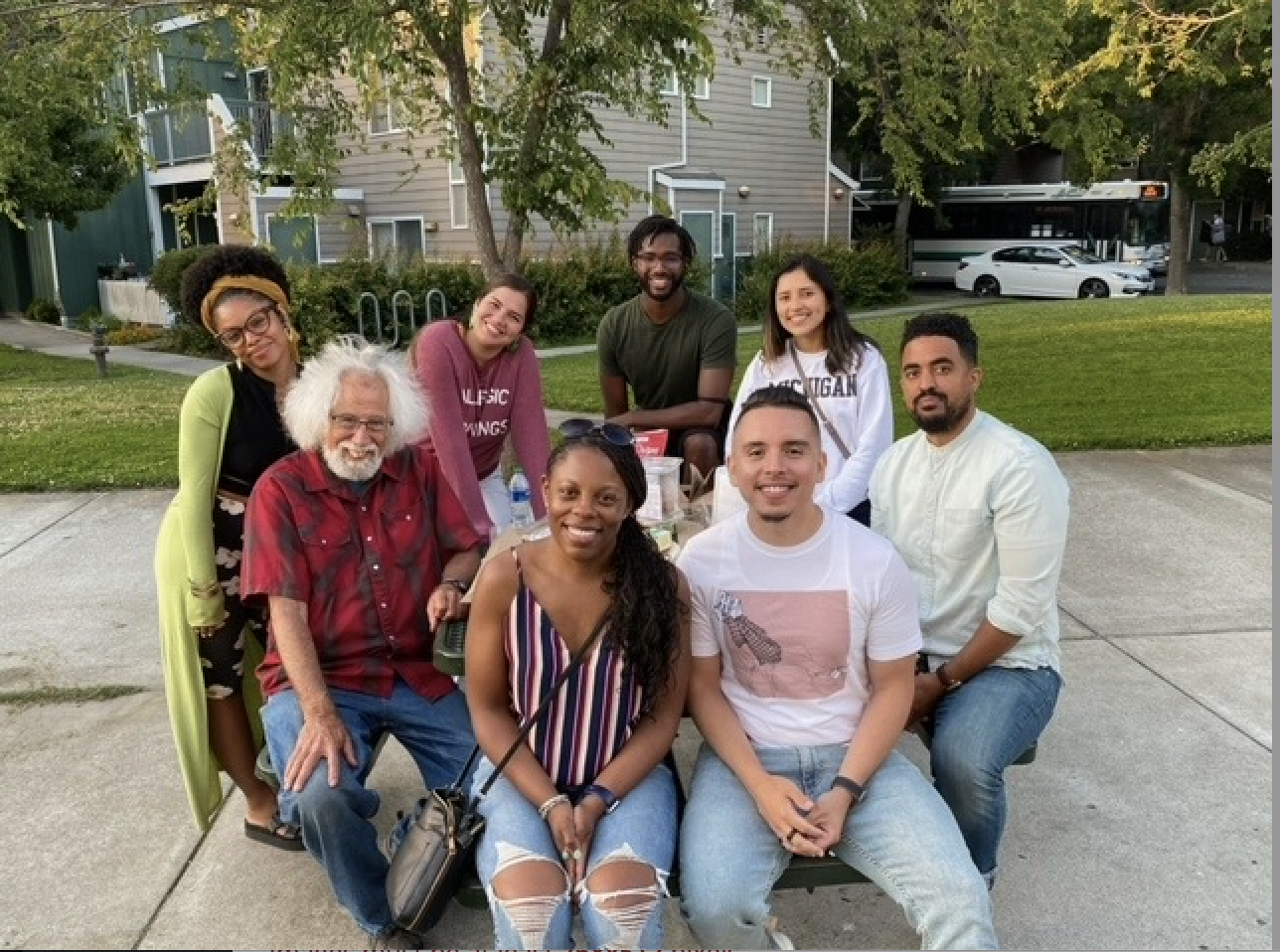
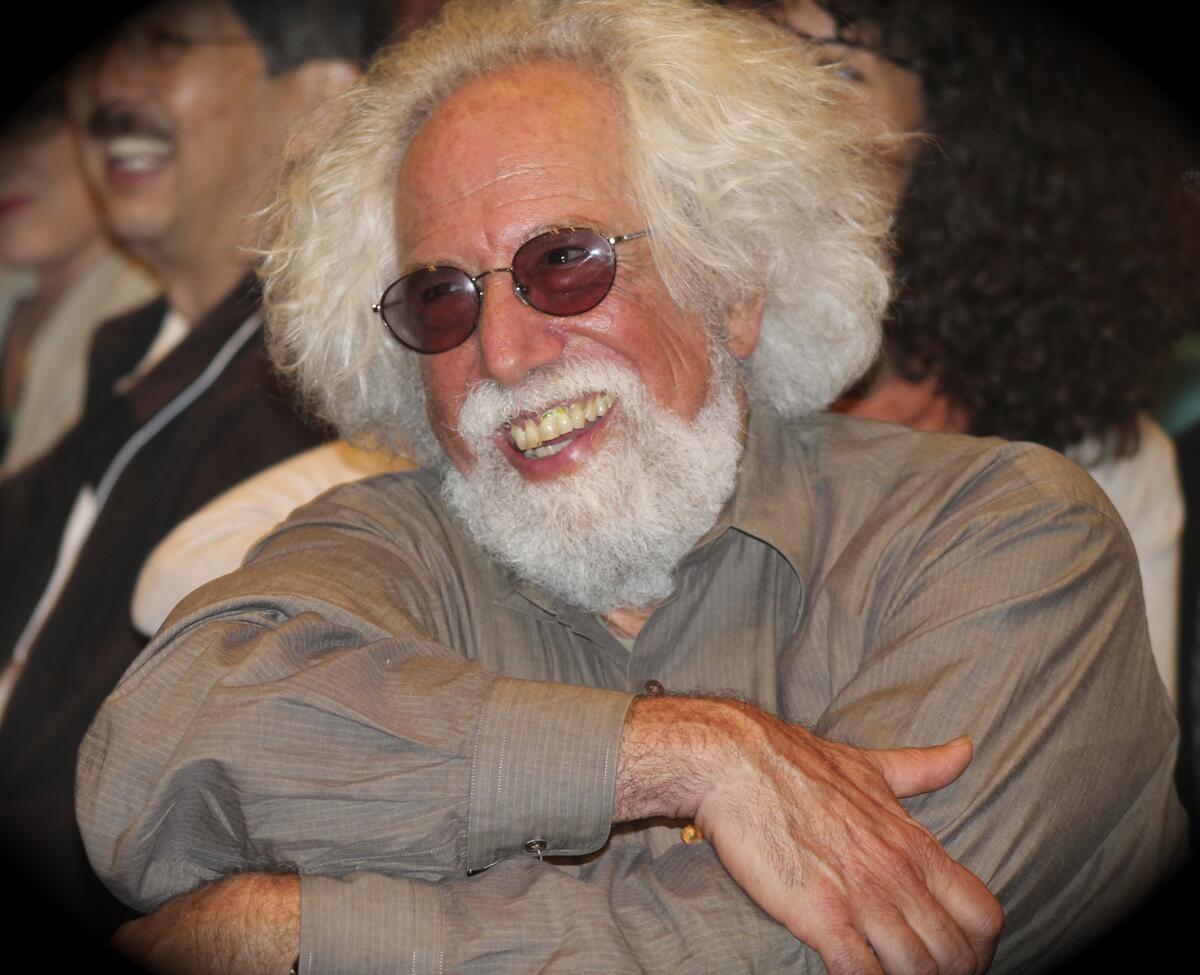
David Minkus at a dinner honoring him in 2014

Stephen Small, Troy Duster, and David Minkus (2017)
A few sample publications:
to mink (verb) : to engage in a free-ranging, holistic, and often whimsical verbal analysis
- coined by a colleague
Celebration of Life
was held on Saturday, April 20, 2024
Bancroft Hotel, 2680 Bancroft Way, Berkeley, CA
Program
- Stephen Small, Director of the Institute for the Study of Societal issues and Professor of African American Studies, UC Berkeley
- Troy Duster, Chancellor’s Professor Emeritus, UC Berkeley
- Teresa Córdova, Director of the Great Cities Institute and Professor of Urban Planning and Policy, University of Illinois Chicago.
- Lisa Hirai Tsuchitani, Continuing Lecturer, Department of Ethnic Studies, and Director of Engagement, Asian American and Pacific Islander Thriving Strategy, UC Berkeley
- Cid Martinez, Associate Professor of Sociology, University of San Diego
- Fantasia Painter, Assistant Professor, Global and International Studies, UC Irvine
- reelaviolette botts-ward, Postdoctoral Fellow, REPAIR Project, UC San Francisco
- Michael Minkus and Joshua Minkus, David's sons
- Open Mic
